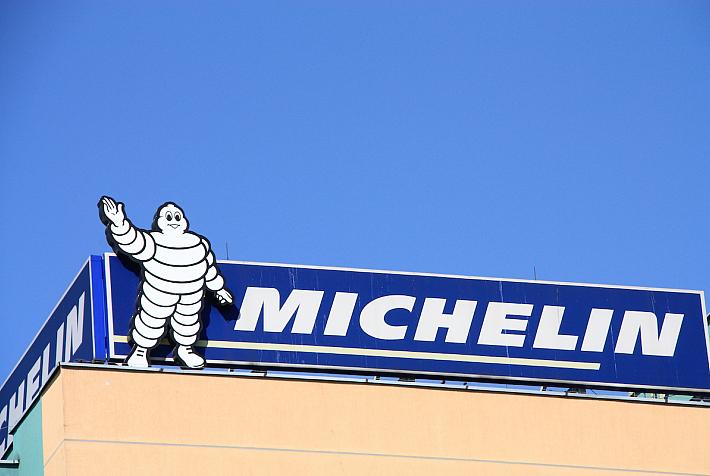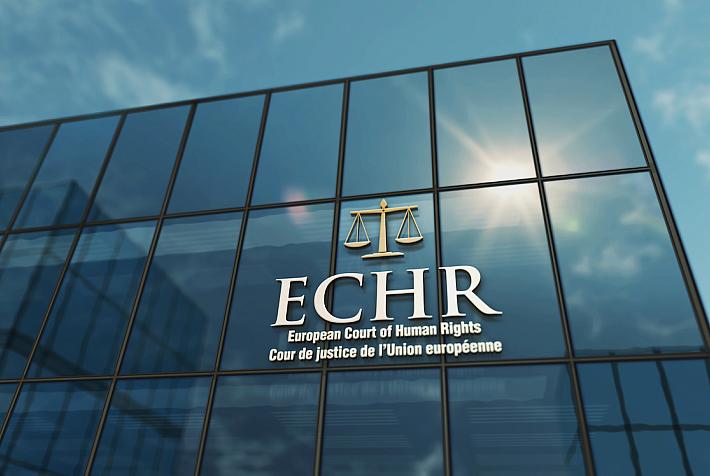Romania’s tax agency goes after Uber drivers, says local transporters association

Romania’s tax agency ANAF has asked Uber to provide a list of all its drivers and the rides they operated in 2015. ANAF wants to check if the drivers have declared their revenues and paid their taxes, according to a press release issued by the Confederation of Authorized Transport Operators in Romania (COTAR), quoted by local news agency Agerpres.
ANAF hasn’t made any official statement on this by the time this news was published.
Uber says that the services it provides are legally billed and that it provides counseling to partner drivers to help them comply with tax regulation, but that it's each driver's responsibility to pay his taxes.
“ANAF has asked Uber Netherlands the detailed list with all its users and the rides they operated in 2015, including routes, distances, and fares. Yesterday, November 24, ANAF sent these lists to the local tax collecting offices,” COTAR claims.
The lists ANAF received from Netherlands show that individuals and local firms worked with Uber and their annual revenues are very high, according to COTAR president Vasile Stefanescu. He even gave the example of a Bucharest Uber driver who made RON 60,000 (some EUR 13,500) in 2015.
“Hundreds of people were happy that they could defy the Romanian state’s laws by practicing unlicensed taxi services. Both in the urban areas, where such unlicensed taxi drivers have operated in the past two years, as well as in the long-distance transport, where the bla-bla car system has grown, competing unfairly with authorized transporters, drivers have become rich over night because they haven’t respected legal requirements such as paying taxes, periodical technical inspections, and guarantees, which legal transporters are obliged to pay,” reads COTAR’s statement.
“The businesses that seemed so lucrative will become damaging for those individuals if ANAF decides to confiscate the undeclared revenues,” COTAR warns.
Uber claims that its service in Romania is fully digitized and all passengers get fiscal bills at the end of their journeys. “All partners in Romania work with Uber through a fiscal entity and passengers get receipt after each ride,” Uber reacted after COTAR’s release.
“Uber’s partners are independent contractors and are responsible for paying their own taxes. Each has different circumstances and only they can know how much revenues they make from Uber and how much from other sources, and what are their deductible costs,” Uber Romania representatives added. Moreover, they say that Uber has partnered up with a local tax consultancy firm that offers counseling to its partners on how to declare their Uber revenues.
COTAR and other local transporter associations have been battling with alternative transport services in the past two years. Uber, which entered the local market in February 2015, and has quickly become very popular in Bucharest, has been the main target of the attacks launched by taxi drivers, who have lost a significant part of their client base.
The transporter associations have asked the Government to ban the “pirate” services that don’t pay taxes. Uber representatives have also asked the authorities to make the legislation clearer and also include the ride-sharing concept in the law.
A draft bill that aims to define ride-sharing was submitted to the Parliament in September. COTAR and the other associations of registered transporters oppose this project.
Uber, which has reached some 140,000 users in Romania, recently launched its services in Brasov and Timisoara. It also covers Cluj-Napoca.
Romanian transporters plan large protest against Uber in Bucharest
Taxi drivers in Bucharest have found a way to fight their Uber competitors
editor@romania-insider.com















